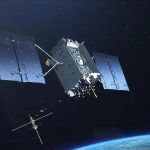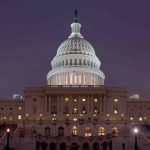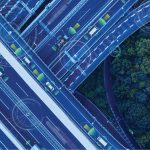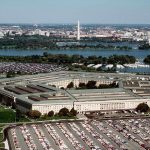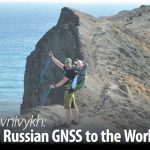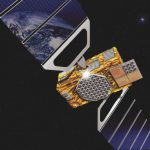What freeware or open-source software packages are available to support GNSS performance evaluations?
In the years since civil and commercial use of GPS and GNSS became common in the mid-1990s, a variety of software tools have been developed to perform offline analyses of GNSS performance and data collected from GNSS receivers. Some of these tools are part of commercial software packages such as Matlab [1] or STK [2]. This article focuses on tools that are freely available (as of early 2020) and are standalone or work with commercial software.
By Sam Pullen
